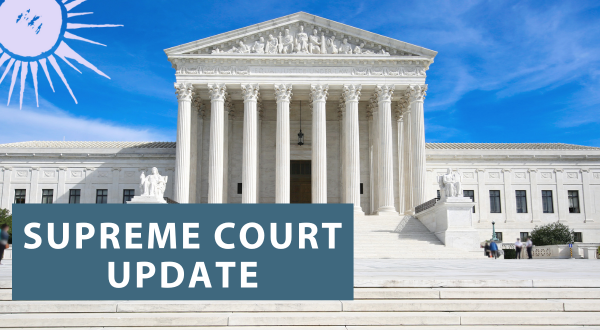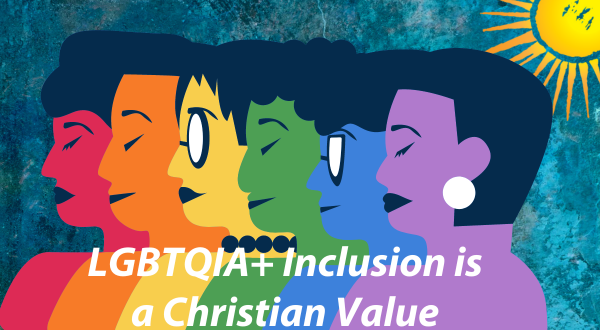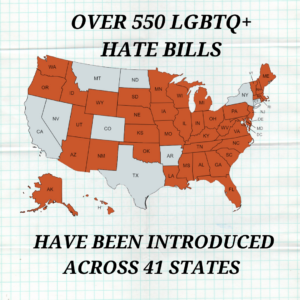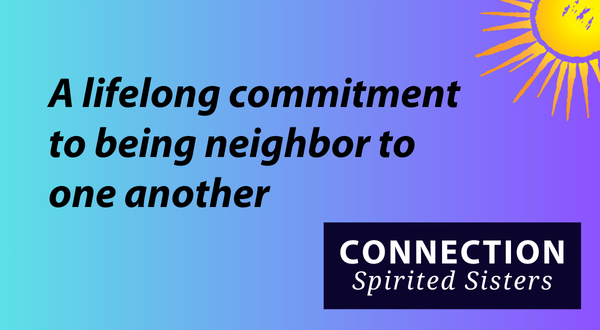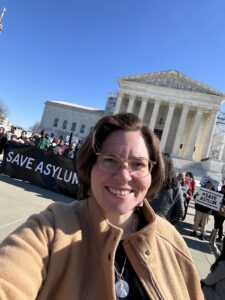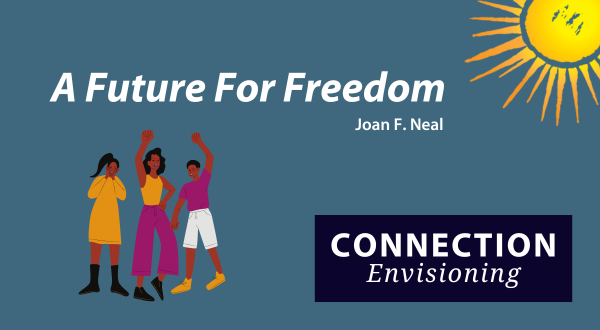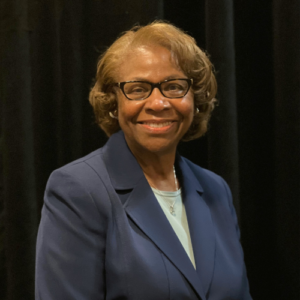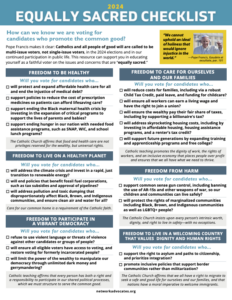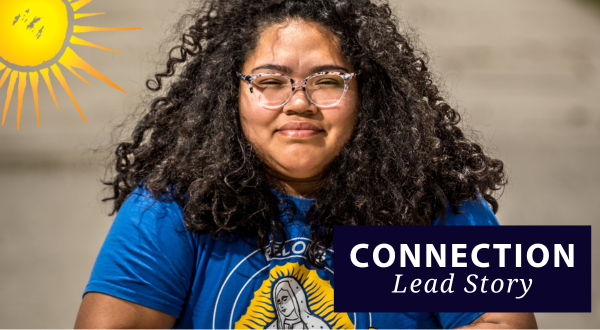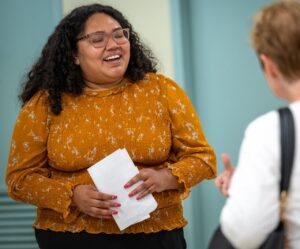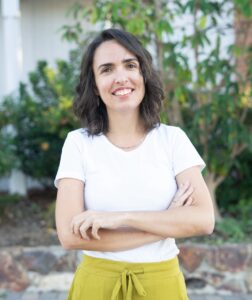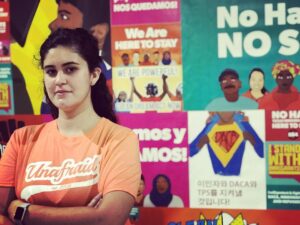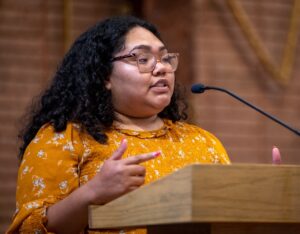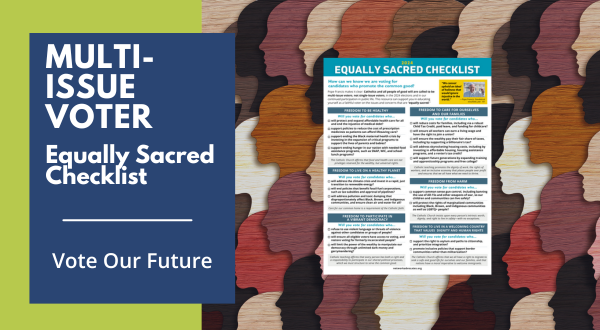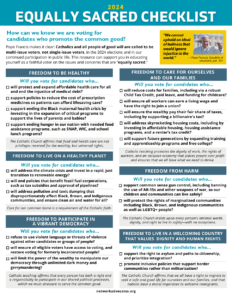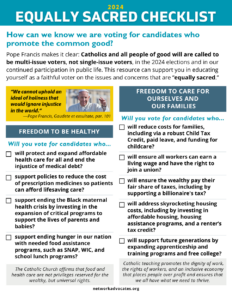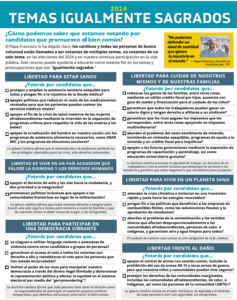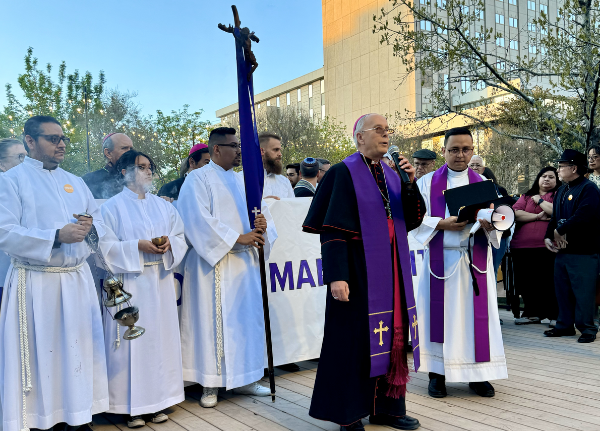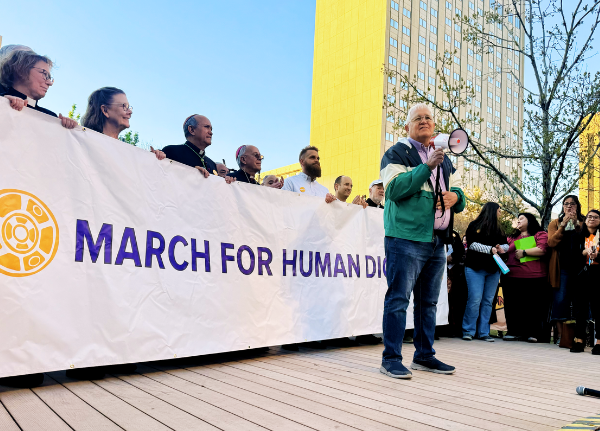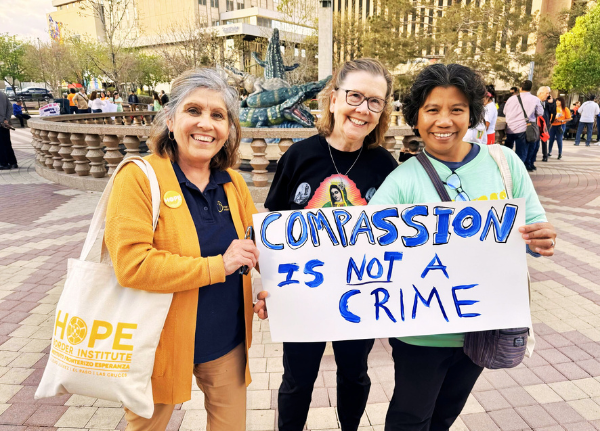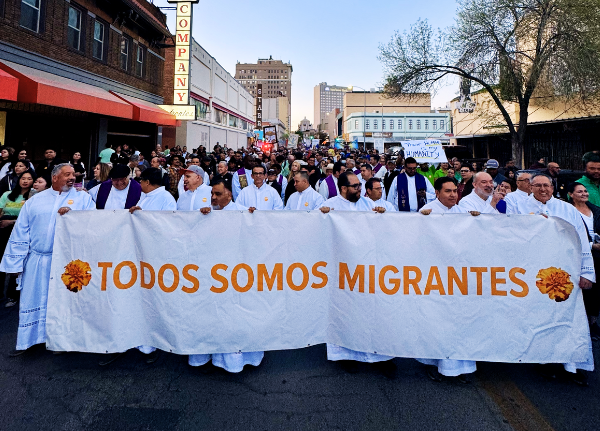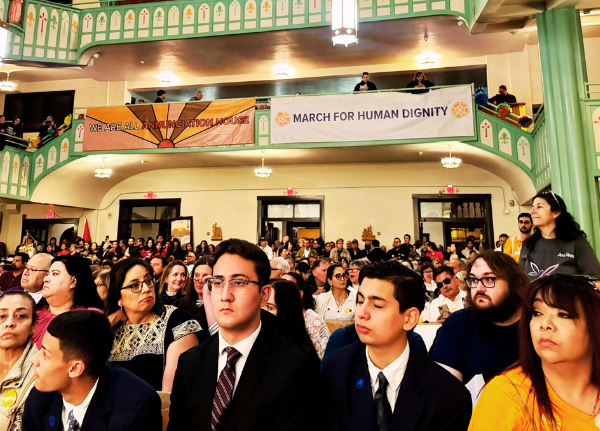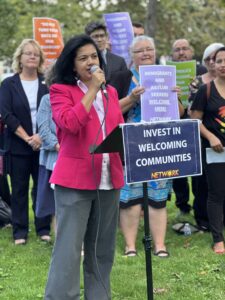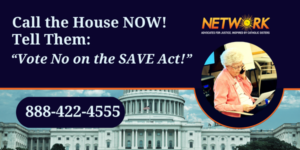
Supreme Court Term Impacts Our Freedoms - PART 2
JoAnn Goedert, Ignatian Volunteer Corp Member
Government Relations Special Contributor
August 6, 2023
Welcome to Part 2 of our two-part blog series! We’re continuing our look at the 2023-2024 Supreme Court term, focusing on decisions that impact economic security, public safety, immigration, and environmental health. If you missed it, check out Part 1 for our discussion on democracy-related decisions.
FREEDOM TO CARE FOR OURSELVES AND OUR FAMILIES
In the last two years, several Supreme Court decisions have undermined our ability to gain the economic security needed to care for ourselves and our families, in both dramatic and subtle ways.
Homelessness: Last month, the conservative Court majority tragically held in Grants Pass Oregon v. Johnson that local and state governments can effectively make being unhoused a crime. Faced with a town ordinance that criminalized sleeping on city property, the Court majority refused to apply the Eighth Amendment’s prohibition against “cruel and unusual punishment” to the arrest, fining, and jailing of the most vulnerable members of our society—even when no shelters or other options are available. We all must now fear for the safety and health of those who will be criminally punished simply because they lack shelter.
Student Debt: The Court’s conservative majority has also erected obstacles to our nation’s young people seeking to find their footing, with particular harm to Black, Brown, and other disadvantaged students. Last year, the Court struck down the Biden-Harris administration’s plan to reduce the crushing burden of student debt on individuals who needed to borrow funds to pursue ever more costly higher education opportunities (Biden v. Nebraska). This action deprived relief from up to 43 million individuals, especially those with low incomes.
Higher Education Diversity: In 2023, the same Court majority also barred the consideration of race in higher education admissions decisions (Students for Fair Admission v. Harvard; Students for Fair Admission v. University of North Carolina), thwarting post-secondary educators’ efforts to provide for diversity in their student bodies. These decisions not only remove an important avenue of opportunity for Black and Brown young people, but they also have now unleashed a wave of litigation that threatens diversity initiatives nationwide in business, government funding and contracting, foundation grant-making, and other venues.
Employment Discrimination: On a rare positive note, the Court this Spring clarified the requirements of Title VII of the Civil Rights Act for challenging employment discrimination based on race and other criteria. In Muldrow v. Cit of St. Louis, the Court overturned an appellate court decision requiring that an employee must demonstrate “significant” disadvantage in an involuntary job transfer. The Court held that that threshold was too high and that employees must only show “some harm” concerning employment discrimination. The decision is important because it resolves a conflict among the lower courts nationwide on this issue, and it applies not just to job transfers but to all conditions of employment.
Wealth Tax: While many were expecting this Court to decide that a wealth tax is unconstitutional, it instead provided a reprieve. The case of Moore v. U.S., which challenged the application of a narrow, one-time tax on foreign corporations, gave the Court an opening to decide the constitutionality of any tax on “unrealized gains” (i.e., gains in an individual’s wealth that are not cashed out, but instead reinvested or retained as assets), including the legality of a wealth tax. While the Court found the tax at issue to be constitutional and did not reach the broader issues, there is language in the opinions that clearly questions the potential legality of any future wealth tax.
FREEDOM FROM HARM
Gun Possession: The 2022 Court decision in New York Rifle and Pistol Association v. Bruen recklessly insisted that any measure to protect us from gun violence had to be grounded in traditional laws passed centuries ago. Confronted this year in U.S. v. Rahimi, a shocking case in which a repeat violent offender challenged his prohibition from possessing a gun while under a domestic violence protection order, the Court scrambled to reckon with its own logic to avoid an embarrassing decision and ultimately it allowed the prohibition to stand.
Bump Stocks: Still, just days earlier, the Court discarded regulations limiting dangerous “bump stock” gun attachments and the mass violence that these weapons can produce. They relied on tortured reasoning, insisting that guns with bump stocks could not be regulated as automatic weapons because they did not meet one element of a statutory definition of “machine gun,” despite the fact that they function in every other respect as deadly automatic weapons.
Gun rights activists continue to challenge federal and state efforts to control gun violence in the courts. Thus, until the Court reverses its decision in Bruen, we can continue to expect more muddled, inconsistent decisions that will leave our schools, homes, and streets vulnerable to relentless gun violence.
FREEDOM TO LIVE IN A WELCOMING COUNTRY
Due Process Rights: Sadly, U.S. laws have long deprived immigrants of the basic due process rights that citizens take for granted. Last month, the Court chipped away further at immigrant due process rights in two decisions. In the first decision, Campos-Chaves v. Garland, a 5-4 Court majority ignored the clear language of federal immigration law and its own precedent to rule that the government’s Notice to Appear (NTA) at a noncitizen’s removal hearing must specify the time and date of the hearing. In Campos-Chavez, the Court instead held that a deportation order can be enforced, even when the individual did not receive a valid NTA, but was informed of the date and time of their removal hearing in a separate document.
Immigrant Families: In Department of State v. Munoz, the Court held that neither an immigrant nor their spouse can challenge an immigration officer’s denial of a visa for the spouse in federal court. Five members of the 6-3 majority went on to suggest that the fundamental constitutional right to marry does not include a right to reside with one’s spouse, raising questions about the current conservative majority’s willingness to consider other limitations on the right to marry.
FREEDOM TO LIVE ON A HEALTHY PLANET
Water Quality and Flood Control: In the last two years, the Court has repeatedly aligned with large corporate polluters and climate deniers. Its 2023 5-4 decision in Sackett v. EPA held that the EPA does not have any authority under the 1972 Clean Water Act to protect many of our nation’s long-regulated wetlands. The decision threatens to puts water quality and flood control measures, including those already in place, at substantial risk across the nation.
Air Pollution: Last month, the Court temporarily forbade the EPA from enforcing its “Good Neighbor” regulations under the Clean Air Act. These regulations require states whose emissions drift to a downwind state that then bears the brunt of the resulting pollution, to comply with EPA plans to lessen the excess pollution. In Ohio v. EPA and other consolidated cases, the Court referred the matter back to the lower courts for further deliberation, but not before barring the rules’ enforcement until all litigation is completed. At that time, courts ominously will be free to overturn the EPA’s regulations under Loper Bright, and its elimination of any deference to the agency’s expertise.
LOOKING AHEAD
Unlike our elected officials, the Supreme Court is largely unaccountable to the U.S. public whose laws it is supposed to protect. And while the damage that the current Court has done and likely will continue to do has long-term consequences, we are not powerless to limit its reckless advancement of the conservative majority’s agenda.
Our elected officials can correct many of the Court’s most troubling mistakes if Congress has the will to work together to enact corrective legislation. But many officials currently in Congress plainly lack that will. At NETWORK, we constantly advocate for laws that continue to protect our freedoms, even in the face of a Court majority that does not share our values. As multi-issue voters who care about our communities and our Equally Sacred freedoms, together we will keep the current Court majority’s recklessness in check and make our voices heard in 2024 and beyond.







